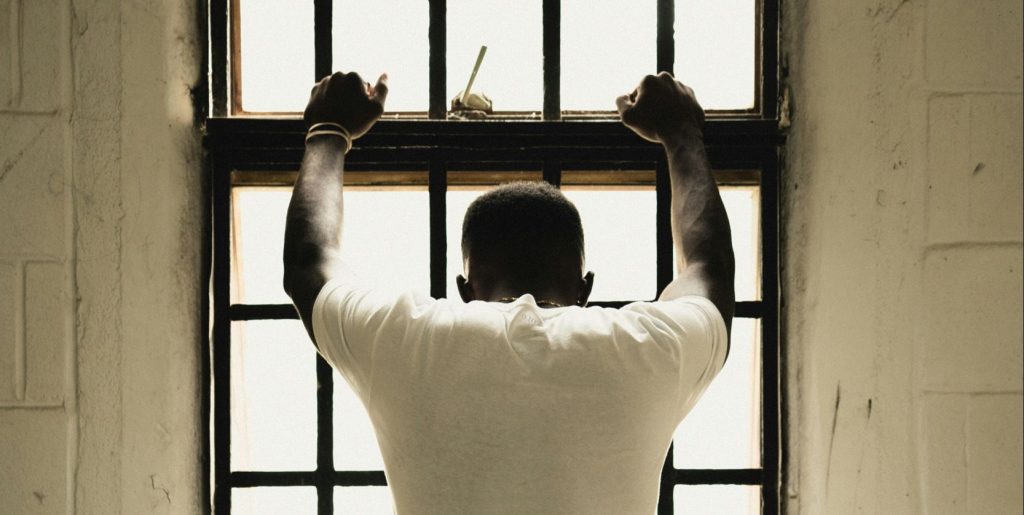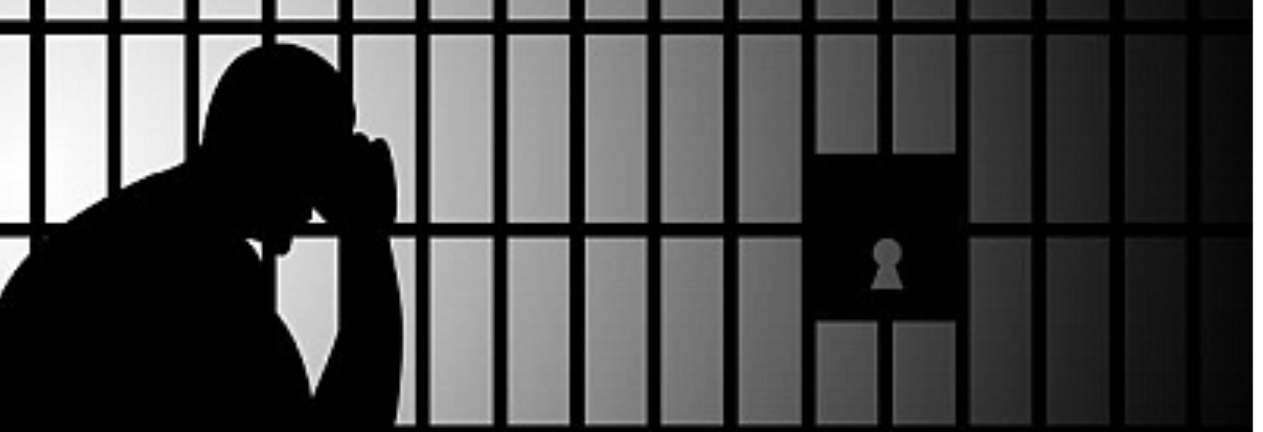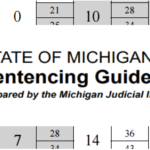When Sentencing Disparities Make the Scales of Justice Uneven
Beyond the crime: Exploring the factors that tip the scales of justice and lead to unequal sentences, putting your rights and future at risk.

Understanding Sentencing Disparities
The criminal justice system is supposed to be blind to race, socioeconomic background, or any other factor besides the crime itself. Yet, a glaring reality emerges when we look at sentencing data: disparities exist and significantly impact people’s lives. At LEWIS & DICKSTEIN, P.L.L.C., we believe everyone deserves fair representation, regardless of these factors. Here, we delve into the issue of sentencing disparities and how they affect the lives of those caught in the system.
What are Sentencing Disparities?
Sentencing disparities occur when individuals convicted of similar crimes receive drastically different punishments at sentencing. This disparity can manifest in several ways:
- Racial Disparities: People of color, particularly Black Americans, are consistently sentenced more harshly than white defendants for similar offenses. This disparity persists even when considering factors like criminal history and crime severity.
- Socioeconomic Disparities: Those with limited financial resources often face harsher sentences. They may be unable to afford strong legal representation or bail, leading to plea bargains that result in longer sentences.
- Geographic Disparities: Sentencing practices can vary significantly depending on location. Judges in different jurisdictions may have different sentencing philosophies, leading to inconsistencies.

The Causes of Sentencing Disparities
Several factors contribute to these disparities:
- Implicit Bias: Unconscious biases based on race, socioeconomic status, or other factors can influence judges’ sentencing decisions.
- Mandatory Minimums: These laws force judges to impose specific minimum sentences, regardless of the circumstances of the case, limiting their discretion and potentially leading to harsher sentences.
- Prosecutorial Discretion: Prosecutors have significant power to decide which charges to pursue and plea bargain offers. This discretion can lead to harsher charges for people of color or those without strong legal representation.
The Consequences of Sentencing Disparities
The consequences of sentencing disparities are far-reaching:
- Mass Incarceration: Disparities contribute to the high incarceration rates in the United States, particularly among people of color. This has a devastating impact on families and communities.
- Loss of Opportunity: Long prison sentences can lead to lost employment, education, and housing opportunities, making it difficult to reintegrate into society after release.
- Loss of Potential: Long sentences disrupt life trajectories, preventing individuals from contributing to society and hindering their ability to find employment upon release.
- Erosion of Trust: When the justice system appears biased, it undermines public trust and discourages cooperation with law enforcement.
- Broken Families: Incarceration can disrupt families, leading to financial hardship and emotional distress for children and other loved ones.

The Road to a More Just System
Sentencing disparities are a complex issue, but there are steps we can take towards a more just system:
- Banning mandatory minimums: This would give judges more discretion in sentencing, allowing them to consider the individual circumstances of each case.
- Implicit bias training: Judges and other legal professionals should receive training to identify and address unconscious biases in their decision-making.
- Sentencing guidelines review: Regularly review and revise sentencing guidelines to ensure they are fair and applied consistently.
- Increased diversity in the legal system: A judiciary that reflects the demographics of the communities it serves can help reduce bias in sentencing.
Fighting for Fair Sentencing
At LEWIS & DICKSTEIN, P.L.L.C., we are committed to fighting for the best possible sentencing for our clients. We work tirelessly to ensure that:
- All relevant factors are considered: We present evidence that mitigates the severity of the offense and highlights your strengths as a candidate for rehabilitation.
- You understand your options: We explain the potential consequences of different plea bargains and sentencing options.
- Your voice is heard: We advocate on your behalf in court, ensuring the judge understands your situation and the impact of a harsh sentence.
- The best strategy is used: Our team ensures that the best strategy to persuade the judge to order a lenient sentence is presented compellingly.

We Can Help Prevent Sentence Disparities
If you or someone you know is facing criminal charges, having an experienced and dedicated legal team on your side is crucial. At LEWIS & DICKSTEIN, P.L.L.C., we understand the complexities of sentencing disparities and will fight for the fair outcome you deserve. Our team has an unparalleled track record of fighting for and achieving the best possible outcome! Contact us today for a free consultation.
Call us today at (248) 263-6800 for a free consultation or complete an online Request for Assistance Form. We will contact you promptly and find a way to help you.












